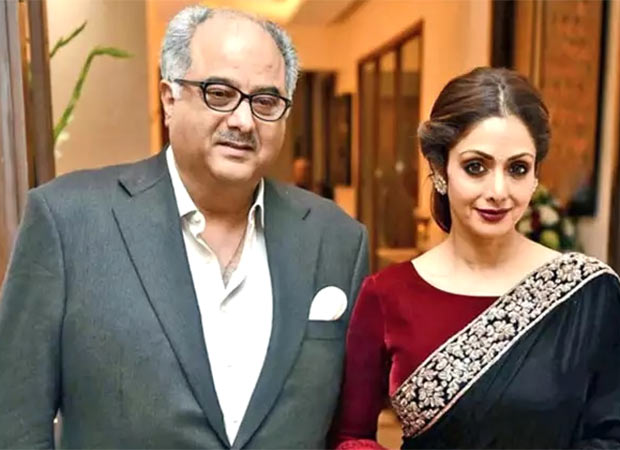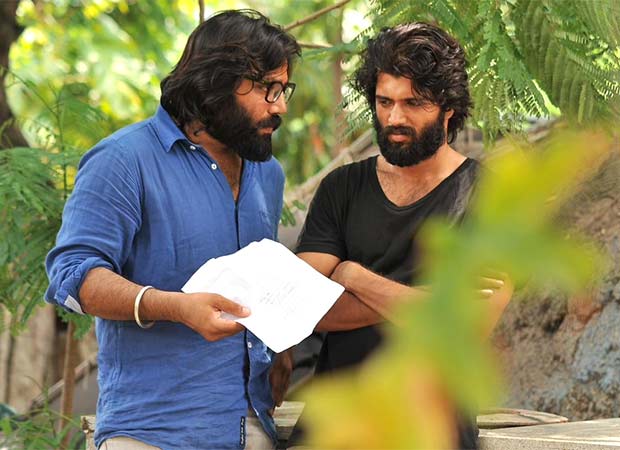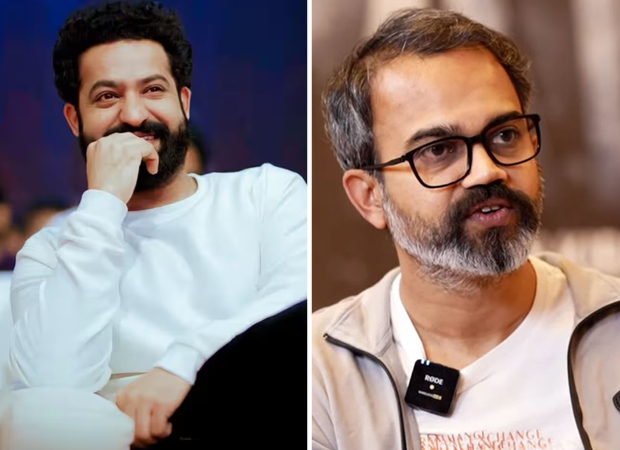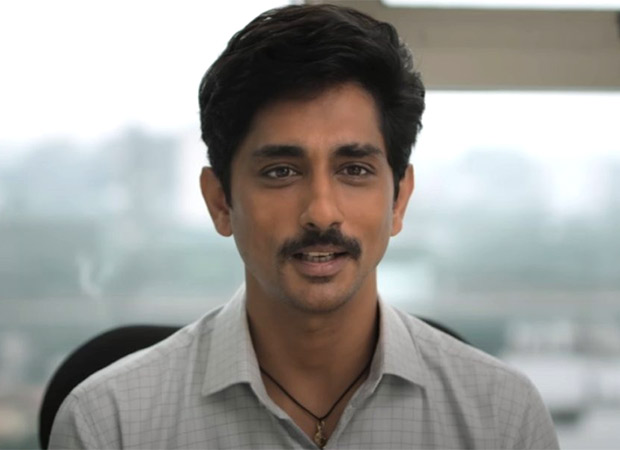Producer Boney Kapoor has approached the Madras High Court in a legal battle over a property in Chennai that belonged to his late wife, the legendary actress Sridevi.
Here is a breakdown of the case:
The Property and Its History:
The property in question is a farmhouse located on East Coast Road (ECR) in Chennai.
Sridevi purchased the property in 1988 from M.C. Sambanda Mudaliar. The land was part of a mutual division within Mudaliar’s family back in 1960.
Since the purchase, Boney Kapoor stated in his petition that the property has been in the absolute possession and enjoyment of his family.
The Ownership Claims:
Boney Kapoor alleges that three individuals are now unlawfully claiming rights to the property.
The claimants are a woman who says she is the second wife of one of Mudaliar’s sons, and her two sons.
These individuals obtained a legal heirship certificate in 2005 from the Tambaram tahsildar, which Kapoor is challenging as “fraudulent.”
Boney Kapoor’s Legal Arguments:
Invalid Marriage: Kapoor argues that the woman’s claim to be the second wife is not legally valid because she married the man in 1975, while his first wife was still alive until 1999. This, according to Kapoor, means the three individuals cannot be considered legal heirs under the Hindu Succession Act.
Jurisdiction: He also questioned the jurisdiction of the Tambaram tahsildar to issue the legal heirship certificate, as the original owner’s family lived in Mylapore, not Tambaram.
Harassment: Kapoor’s petition states that the trio has been creating hurdles and filing multiple civil cases based on the disputed certificate.
The Madras High Court’s Intervention:
Justice N. Anand Venkatesh of the Madras High Court has intervened in the matter.
The court has not issued a stay order on the claims but has directed the Tambaram Taluk Tahsildar to take a clear decision on Boney Kapoor’s application to cancel the legal heirship certificate within four weeks.
This order effectively puts the onus on the local revenue official to investigate the validity of the certificate and pass a ruling on it, which will then determine the course of the legal dispute.




